Blog

Mother’s Day Healthy Brunch Recipe
Mother’s Day Recipe: Healthy Brunch Ideas Mother’s Day is the perfect time to show appreciation for the special women in our lives, and what better way to do so than with a delicious, healthy...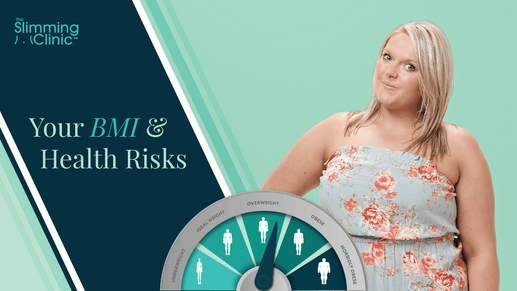
Your BMI and the Health Risks
Understanding Your BMI and Why It Matters Your Body Mass Index (BMI) is a widely used measurement to assess whether your weight is within a healthy range for your height. It can help identify potential...
Wegovy vs Ozempic: Which Is the Better Weight Loss Medication?
Wegovy vs Ozempic: What Do You Need to Know? When it comes to NHS weight loss medication, Wegovy vs Ozempic are two of the most talked-about options. Both contain semaglutide, a GLP-1 weight loss medication...
Nutrition and Hydration Week: How Food & Hydration Aid Weight Loss
Nutrition and Hydration for Weight Loss Nutrition and Hydration Week is the perfect time to focus on two essential but often overlooked factors in weight loss: nutrition and weight loss and hydration and...
How Sleep Affects Weight Loss – World Sleep Day 2025
Why Sleep Matters for Weight Loss When people think about weight loss, they often focus on diet and exercise, but sleep plays an equally crucial role. Research shows that poor sleep affects metabolism,...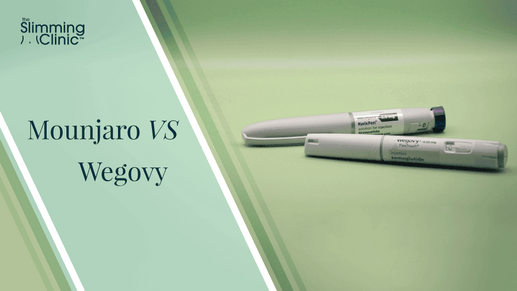
Mounjaro vs Wegovy: Which Weight Loss Injection is Right for You?
Comparing Mounjaro and Wegovy With the increasing popularity of weight loss injections, many people are comparing Wegovy vs Mounjaro to find the best solution for their needs. Two of the most talked-about...
Breaking Stereotypes & Celebrating Women’s Strength: International...
Women, Strength & Health Happy International Women’s Day! Today, we celebrate the achievements, resilience, and strength of women everywhere. Women’s health has long been shaped by societal...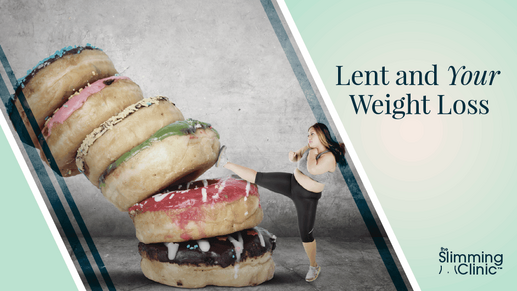
Good Things to Give Up for Lent for a Healthier You
Healthy Choices for Lent: What to Give Up for Weight Loss and Well-Being Lent is a time of reflection, self-discipline, and making positive changes. While many people choose to give up chocolate or sweets,...
World Obesity Day 2025: Changing Perspectives on Obesity
World Obesity Day 2025: Raising Awareness and Supporting Healthier Futures World Obesity Day is a global event that highlights the growing obesity epidemic and its impact on health. Held annually, it aims...
Ramadan Weight Loss Guide: Balancing Fasting with Weight Loss Medications
How to Maintain a Healthy Weight During Ramadan While Fasting Ramadan is a time of fasting, reflection, and discipline, but it can also be an opportunity to focus on your health. Many people find that...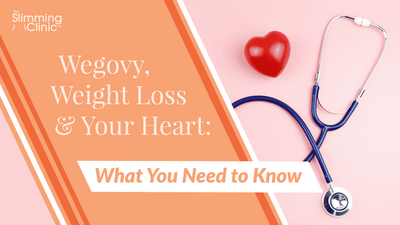
Wegovy, Heart Health & Weight Loss: What You Need to Know
Wegovy, heart health, and weight loss go hand in hand. While the medication is widely recognised for its weight loss benefits, its impact goes beyond just shedding pounds. Recent research highlights how...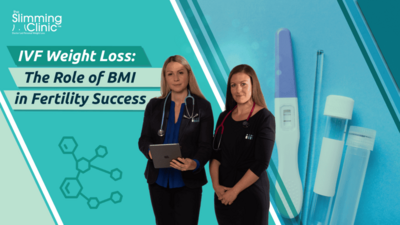
IVF Weight Loss: Understanding the Role of BMI in Fertility Success
IVF Weight Loss: Doctor Q&A Deciding to embark on IVF can be a life-changing journey, and achieving a healthy weight is an essential step to boost your chances of success. Your weight and BMI (Body...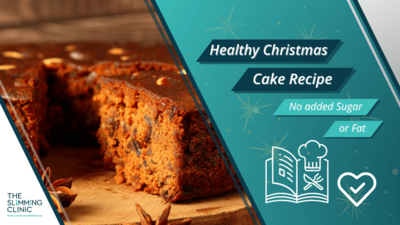
Healthy Christmas Cake Recipe
Want To Make a Healthy Christmas Cake This Christmas? Is there really such a thing as a healthy Christmas cake? With the festive season full of indulgent Christmas dinners, snacks, and desserts, staying...
12 Christmas Weight Loss Tips
Our Top 12 Christmass Weight Loss Tips Looking for some top Christmas weight loss tips? Christmas; the season of family, happiness, good TV and eating LOTS of food. This is the time of year when any weight...
Winter Exercise: Our Top Winter Activities For Weight Loss
Looking For Fun Winter Exercise Activities To Do? Winter exercise can seem like a struggle, and staying active in the cold weather can be a challenge over the Christmas holidays. This is especially true...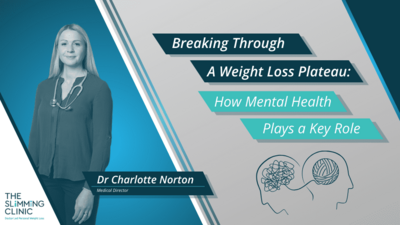
Breaking Through A Weight Loss Plateau
Weight Loss Plateau: What You Need To Know Breaking through a weight loss plateau is a common challenge for even the most dedicated dieters. Just when you think you're making progress, the scale refuses...
Real Wegovy Weight Loss Results: Charlotte's Amazing Success Story
Charlotte’s Wegovy Weight Loss Journey Let's explore Charlotte’s incredible weight loss journey and address some frequently asked questions about Wegovy, including how it works, who can benefit...
Weight Loss Motivation: Stay Inspired to Achieve Your Goals
Our Top 5 Weight Loss Motivation Tips Finding weight loss motivation can be challenging, especially during colder months when staying active and eating healthy feels like a struggle. However, with the...
Healthy Frozen Meals For Weight Loss: Top Tips From Dr. Jane
What Are The Best Healthy Frozen Meals For Weight Loss? Incorporating healthy frozen meals into your diet can be an excellent way to support your weight loss while balancing a busy lifestyle. Frozen food...
Weight Loss Medication vs Surgery
Key Differences of Weight Loss Medication vs Surgery For individuals struggling with obesity, weight loss is often more complex than just diet and exercise. Medical advancements offer both weight loss...
How Stress Can Cause Weight Gain
Top Tips To Tackle Stress And Weight Gain When you feel stressed, what's your go-to way to relieve it? For many of us, it’s easy to turn to comfort foods, high in sugar and fat, or pause our healthy eating...
Top 8 Bonfire Night Recipes Savoury & Sweet
Bonfire Night Recipes To Enjoy This November Remember, remember the 5th of November... Bonfire Night is here! It’s the season of sparkling fireworks, glowing bonfires, and laughter around the fire....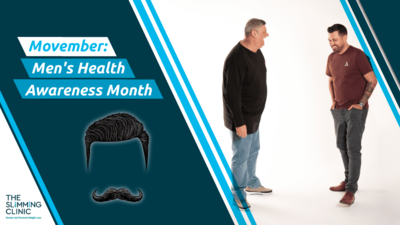
Movember: Men’s Health Awareness Month
Taking Action for Men’s Health and Weight Loss November, widely known as Movember, is Men's Health Awareness Month - a time to shine a spotlight on the health challenges that men face. The goal of...
Semaglutide & The Benefits of Getting Professional Weight Loss Advice
Understand Semaglutide, CV Disease, and the Benefits of Professional Weight Loss Advice With weight loss medications including semaglutide becoming increasingly accessible online, convenience can be tempting,...

